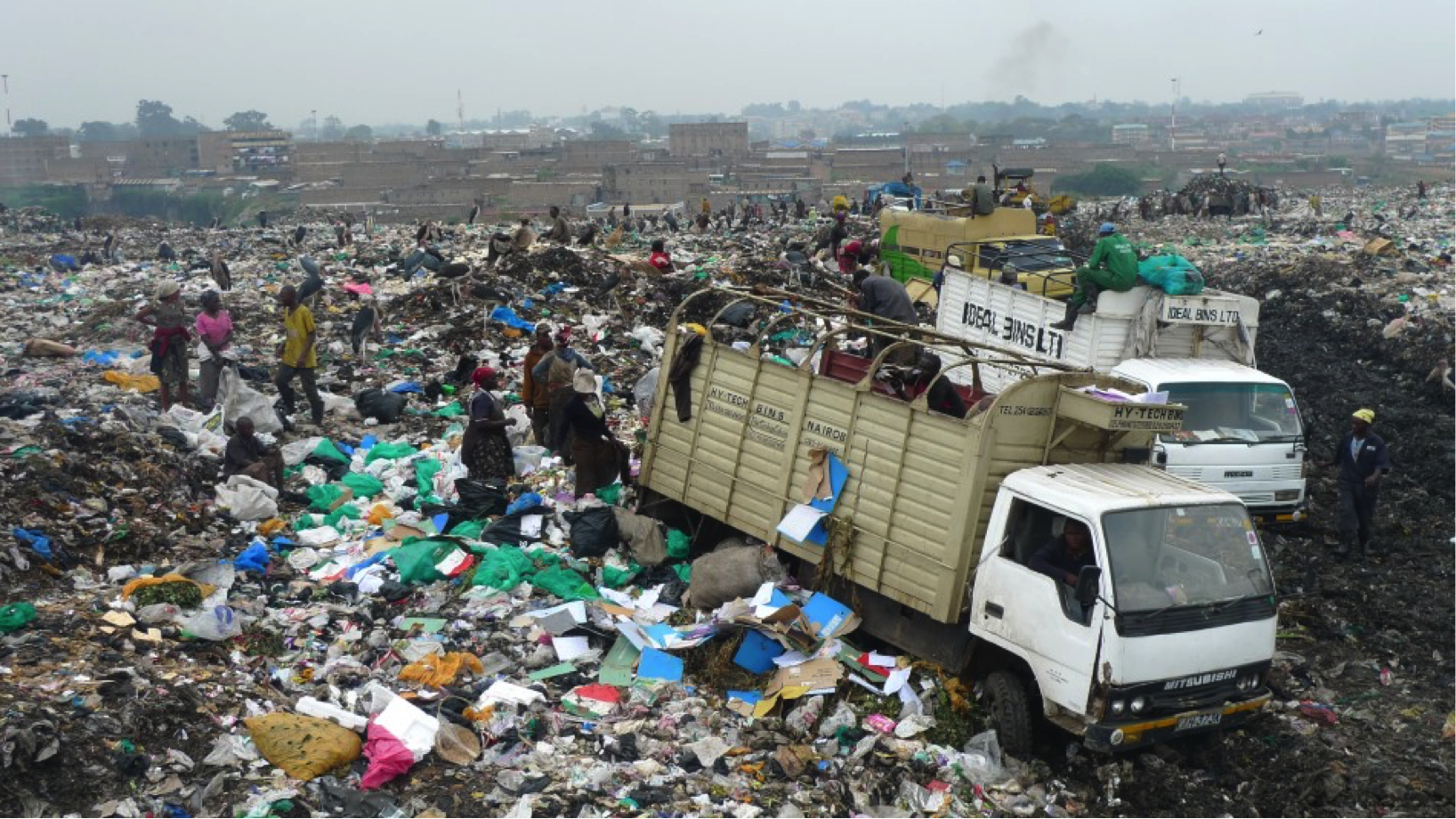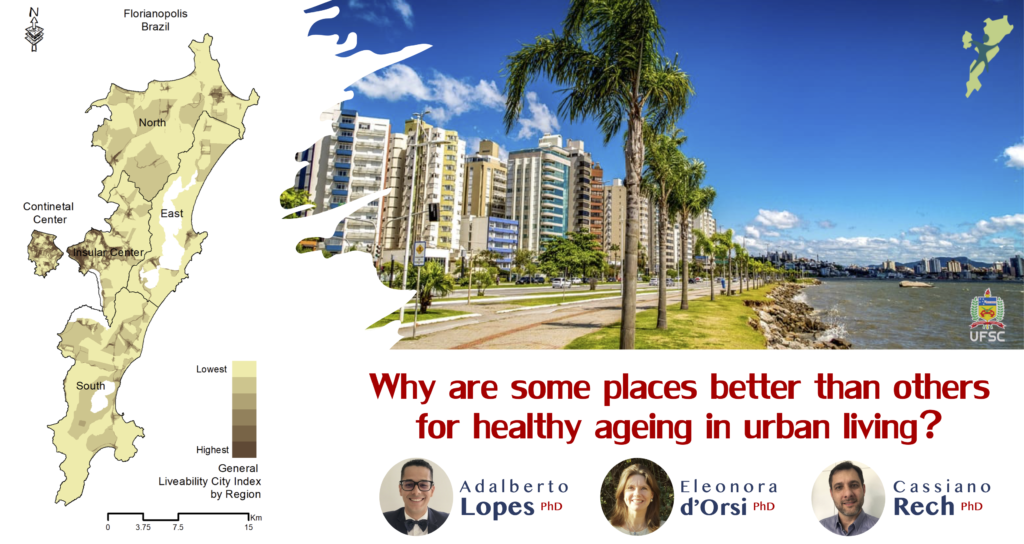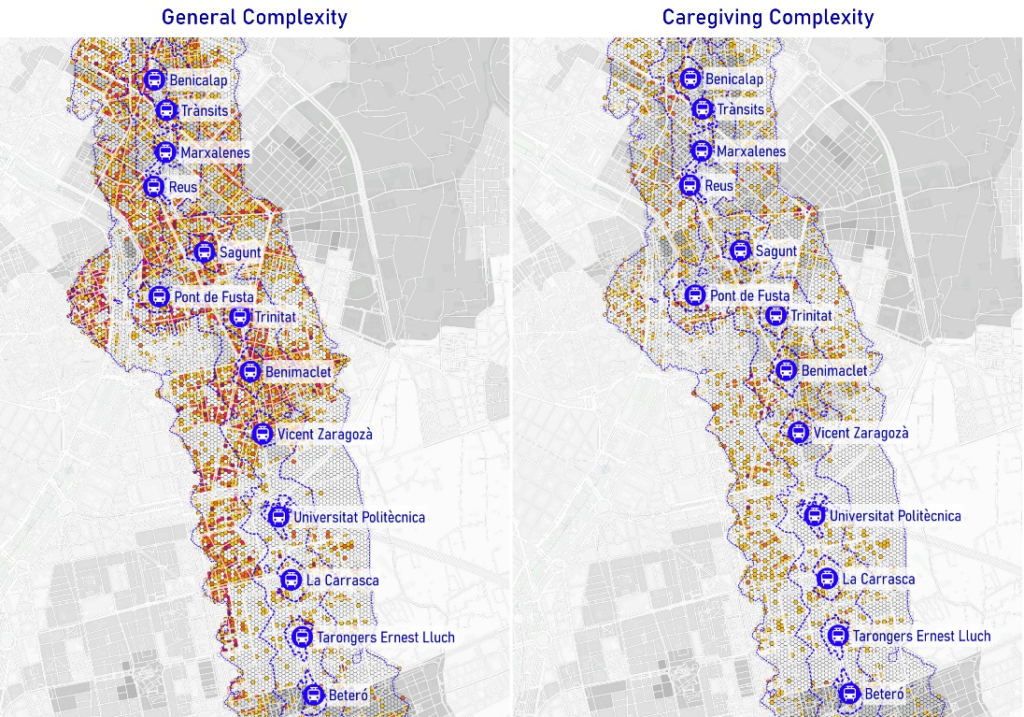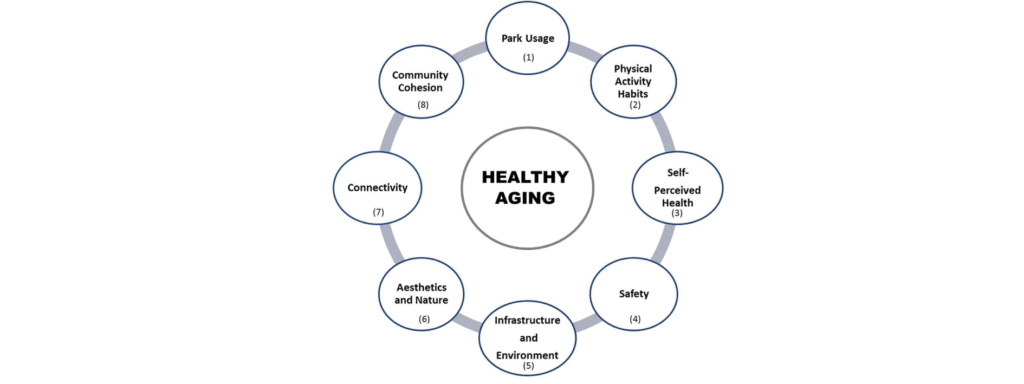City Know-hows

Target audience
UN-Habitat and the UN environmental programme (UNEP). City authorities in low- and middle-income countries.
The problem
Solid waste management is a significant issue confronting many countries across the world. It is particularly severe in low and middle countries, where solid waste production is on the ascendency. In Kenya, estimates indicate that Nairobi residents produce between 3,000 and 3,200 tons of solid waste each day. Other cities in the country face similar challenges. In light of this, the government has formulated several policies and regulations to address the menace. However, there are deficiencies in the implementation of these policies. This situation is unlikely to be confined to Kenya.
What we did and why
We used focus group discussions, key informant interviews and in-depth interviews in the data collection. We used these approaches because they offer the opportunity to investigate the issues in a more in-depth yet broader manner. We interviewed SW pickers/workers, community members/leaders, community-based organisations, waste collection companies, non-governmental organisations, government representatives, staff of county governments, national government agencies, and bilateral partners. All interviews were audio-recorded and transcribed verbatim by professional transcribers.
Our study’s contribution
Our approach used helped to identify solid waste management policy implementation gaps and opportunities that could be utilised:
Impacts for city policy and practice
Key points for cities:
Further information
Full research article:
Implementation of solid waste management policies in Kenya: challenges and opportunities by Dickson A. Amugsi, Kanyiva Muindi & Blessing U. Mberu.
Related posts

Urban health is a complex system that involves several indicators acting together, there is no single solution to the health-related issues in cities. We wanted to promote healthy ageing in urban living. Our strategy was to take people’s needs and demands into account, when evaluating, monitoring and proposing feasible changes in built, natural and social environments.

We examine how caregiving-related needs remain overlooked in walkability and Transit-Oriented Development strategies. Despite high levels of urban complexity, many transit-accessible areas lack essential caregiving-support places, particularly in vulnerable neighbourhoods. This spatial mismatch limits care-engaged individuals’ ability to chain trips, and access services, reinforcing mobility and social inequities. Our research highlights the need to integrate caregiving accessibility into planning frameworks to ensure that walkable cities are also inclusive and care-supportive.

Our Jerusalem Railway Park study addressed the needs of those aged 55 in disparate communities, with long-term implications for physical and mental health, and community